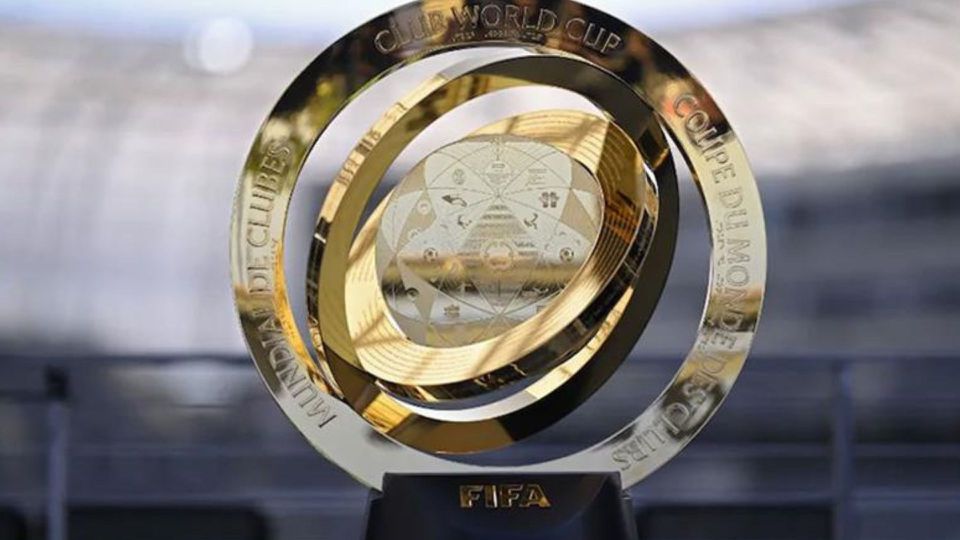FIFA has resorted to drastic measures to boost interest in the inaugural expanded Club World Cup, as the presence of Lionel Messi has failed to deliver the anticipated ticket sales. The tournament, which is set to begin on June 14th at Miami’s Hard Rock Stadium, was expected to generate massive excitement, particularly with the involvement of global superstar Messi and the rising popularity of soccer in the United States.
The event carries a staggering $1 billion prize pool and features a high-profile opening match between Egyptian giants Al Ahly and Messi’s team, Inter Miami. Despite these factors, ticket sales have been surprisingly sluggish, with tens of thousands of seats still unsold just days before the kickoff. The stadium, which holds over 65,000 fans, is far from full, raising concerns about the optics of a poorly attended tournament on an international stage.
FIFA had pinned high hopes on Messi’s global appeal and the growing soccer culture in the U.S. to drive demand, but the reality has fallen short of expectations. The anticipated surge of fans filling the stadium to witness Messi in action has not materialized. This shortfall has forced FIFA to rethink its strategy to ensure better attendance and fan engagement throughout the tournament.
In a bid to attract more spectators, FIFA has dramatically reduced ticket prices, especially targeting younger audiences and students. A standout offer is an exclusive deal for students at Miami Dade College, which includes a five-game ticket bundle for just $20 breaking down to an astonishingly low $4 per game. This bundle covers all matches, including the high-profile opener featuring Messi. This initiative leverages a partnership established in 2024 between FIFA and Miami Dade College, which boasts over 100,000 students, aiming to tap into this large potential fanbase.
Beyond the student discount, FIFA has also slashed ticket prices for the general public. The cheapest tickets now cost around $55, half the price from just a few weeks ago, and a fraction of what fans were paying when ticket sales first launched late last year. Early prices were as high as $349 for some matches. FIFA is now employing a dynamic pricing model that adjusts costs in real time based on demand, but even this approach has not been enough to significantly boost sales so far.
The lackluster response reveals challenges in FIFA’s launch strategy for the expanded Club World Cup and highlights the difficulties of selling international club football in a market where the sport is still developing. Despite the star power of Lionel Messi, the disconnect between FIFA’s optimistic projections and the actual market reaction underscores the need for a more tailored approach to engage fans in the United States.
As the tournament kicks off, the world will watch closely to see whether these drastic ticket price cuts and promotional efforts succeed in filling the stands and delivering the excitement FIFA had hoped for when planning the expanded Club World Cup.

